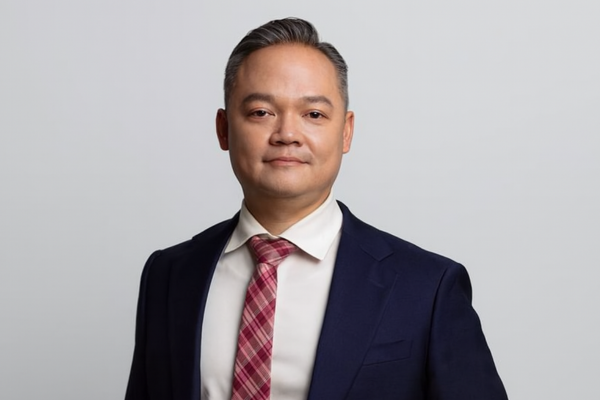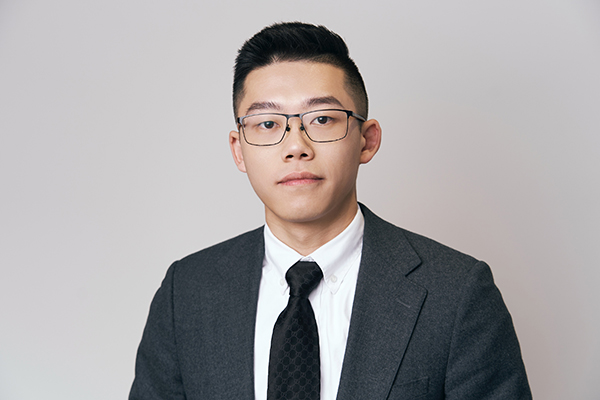If you are a suspect for a criminal offence or are being investigated for a crime by attending to the police station or even immediate after the arrest, the Police may want to ask you questions.
You have a right to silence – this means that you do not have to answer Police questions, you do not have to make a statement and you do not have to do an interview – unless you choose to.

What is the “Right to Silence”?
Police may want to question you to find out what happened, confirm whether you were involved or find out who else was involved. They may want to show you evidence, like images of the offence, or CCTV footage, to confirm the identity of the offenders. This is part of their job and they have a right to ask those questions, but you do not have to answer them, or give information, unless you want to. It is always your choice.
Any comments that you make, or actions that you do (including identifying yourself or others on CCTV) can be used against you or others in court.
What sorts of questions may Police want to ask me?
When you’re questioned by the police, they might ask you questions to gather information about a crime. However, you have the Right to Silence, meaning you do not have to answer their questions unless you choose to do so. It’s important to understand the implications of answering police questions, as anything you say can potentially be used against you in future court proceedings.
Identification – what if Police are just asking me to give my name and address?
The request for your identification should be treated a little bit differently to other sorts of Police questions. It is generally one of the only exceptions to the Right to Silence.
In many situations, Police do have a power to demand identification – this means your name and address. Failing to give those details is an offence.
Other exceptions
If your vehicle is involved in a serious crime, you have a duty to disclose to Police the details of the driver and any passengers at the time of the offence.
If I chose to answer questions about a crime, what will the Police do with that information?
If you are charged, the Police can use the things you say as evidence in later court proceedings. This may include court proceedings against you, or proceedings against other people. Information will also be used for ongoing Police investigations.
Should I do an interview or not?
You should always get legal advice before you decide whether to answer Police questions or do an interview.
Sometimes it is in your interests to do an interview, and your lawyer may advise you to do one – but they need to appoint an experienced criminal lawyer and allow him/her fully to assess the situation first. Sometimes doing an interview will directly lead to you being charged and make it very difficult for you to defend a charge later on in court. It is certainly possible to make your situation worse in a legal sense by doing interviews.
For this reason, you should always talk to an experienced criminal defense lawyer and get advice before doing an interview. If you can’t get in touch with a lawyer, and the Police want to interview you, you should remain silent until you have had a chance to get legal advice. You should tell the Police that you do not wish to be interviewed until you have spoken to a lawyer.
Does it make any difference whether Police question me on the street or in a formal interview?
As a general rule, anything you say to a Police Officer can be recorded in a statement by that Officer and may be used against you later in court.
What if I am a witness to a crime, do I have to answer questions or give Police information?
Generally, no, you do not have to. There is no legal obligation to report crime or provide information to the Police, unless it is in relation to a very serious offence. In relation to very serious offences, you can be prosecuted for Concealing if you do not assist Police with investigations.If you do report a crime to the Police, or provide a statement as a witness, you need to be aware that this means you can be asked to give evidence in court against the offender, you can be subpoenaed (or legally required) to attend, and arrested if you fail to do so.
What if I was present when a crime occurred, and the Police want to question me? How do I know if I am a suspect, what do I do?
This is tricky. If you were present while a crime was committed by people you were with, even if you were not actively involved, you will likely be a suspect. You should take this situation seriously and assume that you are being investigated. That means staying silent until you have received legal advice.
新闻文章

刑事辩护 | 刑事律师Alex受邀澳政府与SBS合作项目:理解性同意
18/12/2024
刑事辩护 | 澳洲家暴虚假指控与伪证案例分析:家暴律师的作用与法律后果
26/06/2024
刑事辩护 | 以为逃回国澳洲法律就没办法?
21/02/2024
刑事辩护 | 刑事案件选华人律师还是西人律师?
21/02/2024







